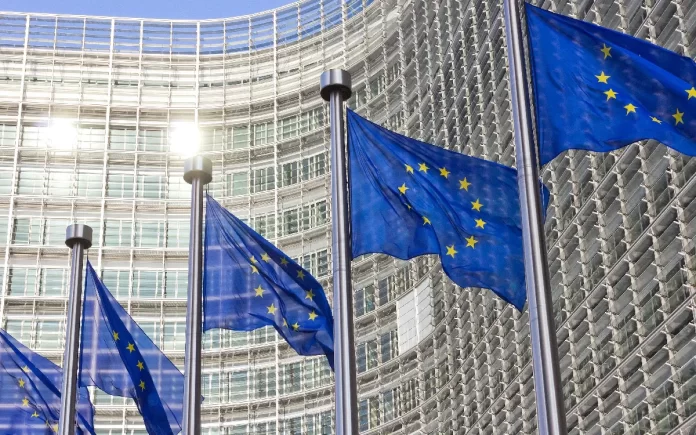Brussels: The head of a prominent left-wing party in the EU has endorsed Pope Francis’ controversial call for Kyiv to display the “white flag”, asserting that it is time to initiate negotiations to bring an end to Russia’s conflict in Ukraine.
Walter Baier, the 70-year-old Austrian recently selected by the Party of the European Left as its candidate to lead the next European Commission, emphasized the importance of seeking a resolution to the war. “I believe helping the Ukrainian people means now making attempts to end the war,” stated Baier, echoing the sentiments expressed by the Pope.
During a joint interview with the “European Newsroom,” Baier highlighted the need for a new strategy given the “frozen” fronts of the conflict. He emphasized the necessity for diplomatic efforts from the European Union to commence negotiations aimed at securing a ceasefire and the withdrawal of Russian troops from Ukraine.
Read More: Gaza on Brink of Catastrophic Famine, Urgent Action Needed: Report
“I fully support what Pope Francis was saying. Now it’s the time to end the war, and now it’s the time to negotiate and stop killing,” asserted Baier, who previously led Austria’s communist party.
Pope Francis’ recent remarks urging Kyiv to “raise the white flag and negotiate” were met with mixed reactions. While the Vatican clarified that the term “white flag” symbolized a cessation of hostilities rather than surrender, the Ukrainian government responded with outrage.
Despite the call for negotiations, analysts remain skeptical about the immediate prospects of reaching a breakthrough in the Ukraine war. Russian President Vladimir Putin appears emboldened by the waning Western support for Kyiv, while Ukraine remains resolute in its determination to reclaim lost territory.
Read More: Kim Jong Un Oversees Artillery Drills Amid Rising Tensions
The Party of the European Left stands as one of the two major leftist formations in the European Parliament, alongside Now the People, which includes members such as Spain’s Podemos and France Unbowed. Both entities are part of the larger group of lawmakers called The Left in the EU parliament, where recent polls indicate a surge in support for far-right movements across the 27-nation bloc.



